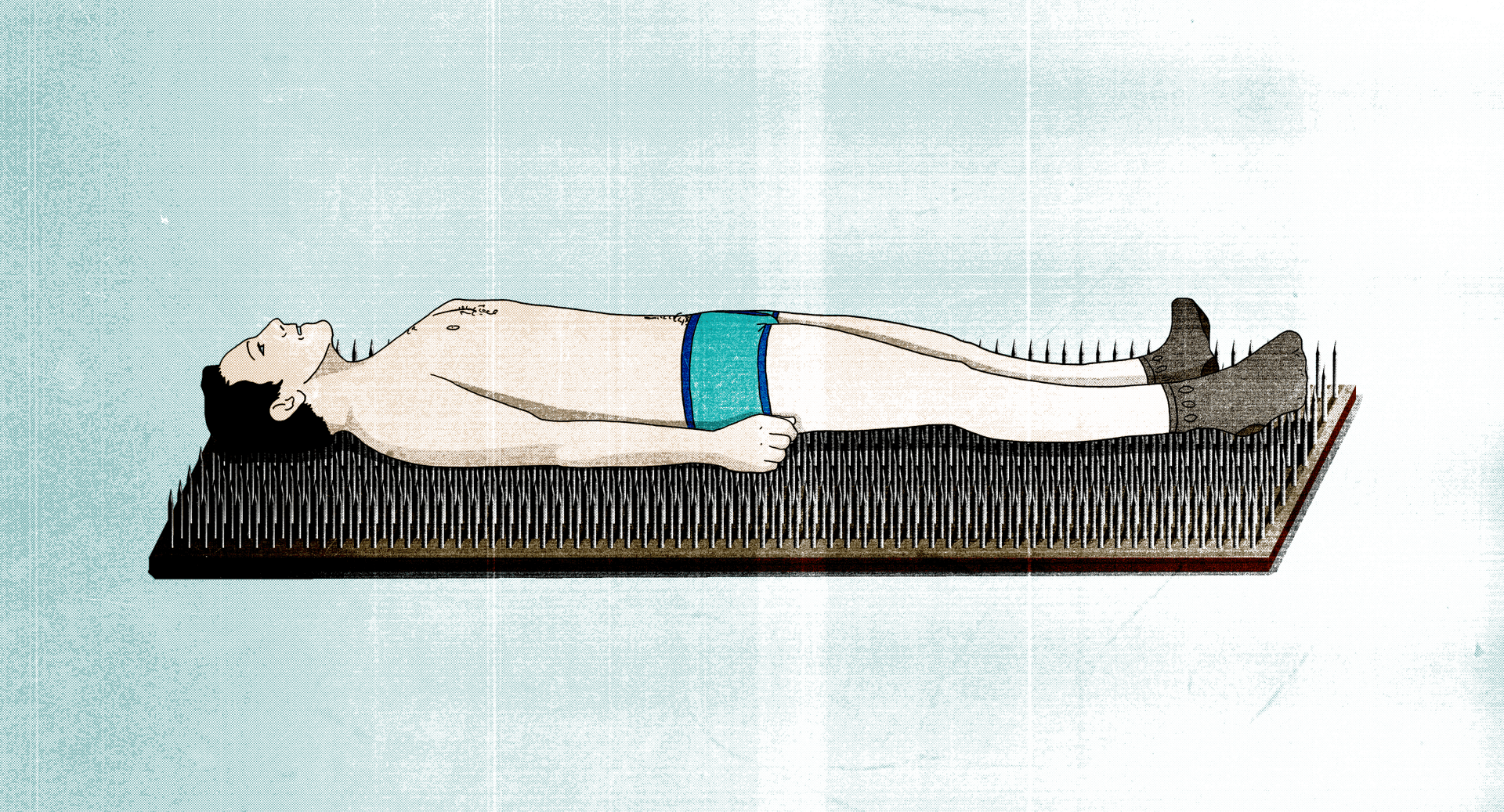Q&A
The Science of Willpower and Self-Control

One of the world's leading social psychologists, Roy Baumeister, provides clarity to questions about willpower and self-control.
Q
What is the best way to improve your willpower?
A
Q
Are there different levels of self control?
A
Q
Are IQ and self-control/self-discipline correlated?
A
Q
What part of the brain controls willpower?
A
Q
Does meditation increase self-control? Why?
A
Q
Is willpower a limited resource?
A
Q
Does failing to exert willpower cause lack of willpower?
A
Q
What is ego depletion and how does it effect willpower?
A
Q
What is the most efficient way to replenish willpower?
A
Q
What are some habits that strengthen willpower?
A
Q
Does lack of sleep lead to a lack of willpower?
A
Q
Why doesn’t willpower seem to work for my weightloss and diet?
A
Q
Is there an advantage of making a plan of when and how you use your willpower?
A
Q
What daily exercises can I do to build up the strength of my self control?
A
Q
The idea that starting an addiction (especially an illegal one) can take more self-control than quitting one is fascinating! Does this idea have any practical application for addiction treatment or counselling?
A
Q
How can you enhance willpower, or maintain willpower, in the face of chronic or intense physical pain?
A
You may also like